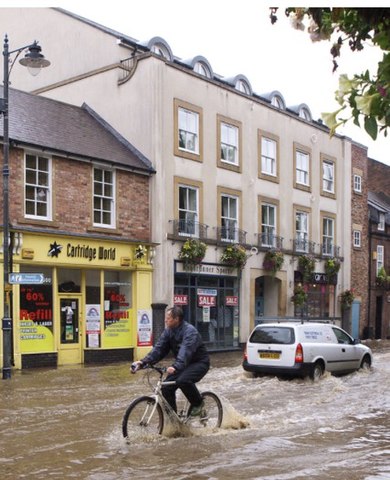Floods can have significant and wide-ranging impacts on various aspects of our lives. The consequences of floods can be both immediate and long-term, affecting individuals, communities, and entire regions. Here are some of the key impacts of floods:
Page Contents
Toggle1. Loss of Lives:
- One of the most tragic consequences of floods is the loss of human lives. Rapidly rising floodwaters can pose immediate threats to individuals, especially those in low-lying areas or near water bodies.

2. Property Damage:
- Floods can cause extensive damage to homes, businesses, and infrastructure. Submersion in water can lead to the deterioration of building foundations, damage to electrical systems, and destruction of personal belongings.
3. Displacement and Homelessness:
- People living in flood-prone areas may be forced to evacuate their homes, leading to temporary or long-term displacement. This displacement can result in homelessness and the need for emergency shelters.
4. Impact on Agriculture:
- Floods can devastate agricultural lands, destroying crops and affecting livestock. Soil erosion, sedimentation, and contamination of water sources further contribute to agricultural losses.
5. Economic Consequences:
- Floods can have severe economic impacts on local economies. Businesses may suffer damage or disruption, leading to job losses and decreased economic productivity. Recovery and reconstruction efforts also entail significant costs.
6. Infrastructure Damage:
- Floodwaters can damage critical infrastructure such as roads, bridges, and utilities. This damage disrupts transportation, communication, and access to essential services.
7. Health Risks:
- Floodwaters often carry contaminants, pollutants, and sewage, posing serious health risks. Waterborne diseases, infections, and the spread of vector-borne illnesses become significant concerns in the aftermath of floods.
8. Disruption of Services:
- Floods can disrupt essential services such as electricity, water supply, sanitation, and healthcare. This can create additional challenges for affected communities in terms of accessing basic necessities.
9. Environmental Impact:
- Floods can have detrimental effects on the environment. Erosion, sedimentation, and changes in water quality can harm ecosystems and biodiversity. Chemical spills and the release of pollutants further contribute to environmental degradation.
Addressing the impacts of floods requires a combination of preventive measures, early warning systems, effective emergency response, and sustainable land use planning. Building resilience at the individual, community, and governmental levels is crucial for minimizing the devastating consequences of floods.









